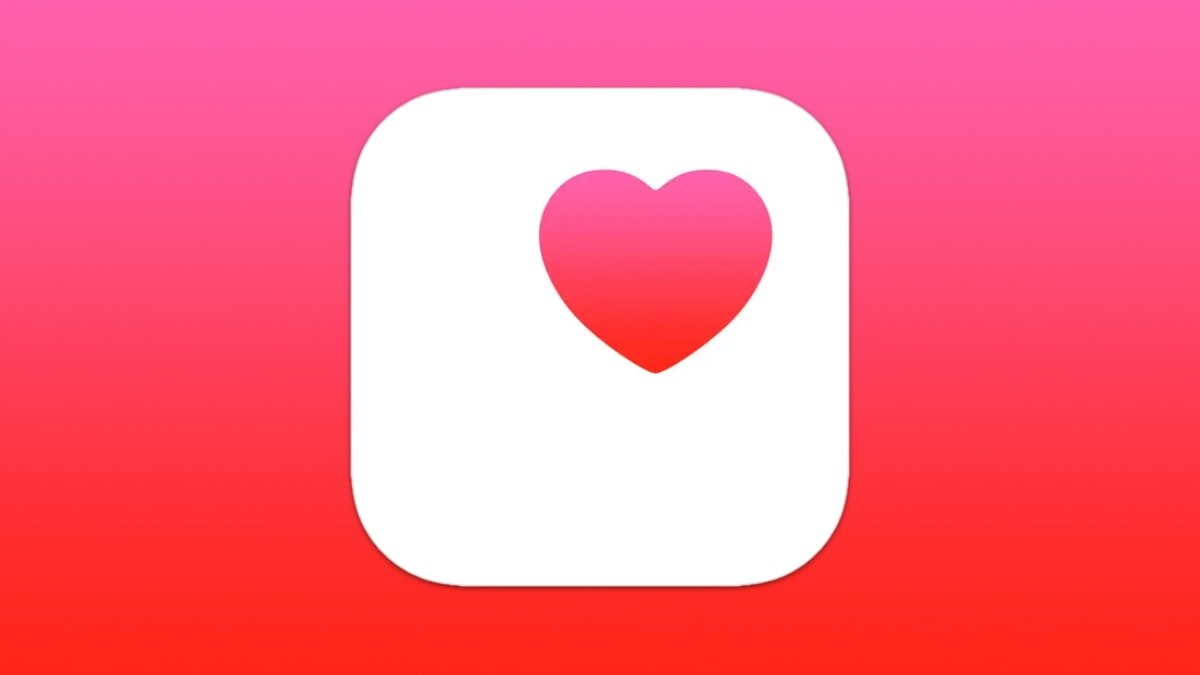Medical records company Epic partners with Apple on a Mac tool
Medical records company Epic Systems has partnered with Apple to bring its electronic health record tools to macOS.

Apple's Health app can handle health records
Apple wanted Epic to create a native version of the service for macOS, but Epic is reportedly developing a tool that would easier to run than a native app.
"Epic does have development underway to make it easier for physicians to access Epic on Macs," a source Axios in Wednesday's report.
Epic Systems is the largest electronic health records vendor in the United States in the US. According to a report in 2021, over 250 million patients have a medical record held by Epic.
The two companies are compromising after a few years of disagreements. In 2020, Apple came out in support of proposed government policy that would allow patients more accessible access to their medical data, something the company has pioneered with its Apple Health app.
Epic opposed the rules, saying the regulations would be "overly burdensome" on America's health system and "endanger patient privacy."
It's not clear whether Apple will eventually add Epic as a health records provider in the Health app.
Read on AppleInsider

Apple's Health app can handle health records
Apple wanted Epic to create a native version of the service for macOS, but Epic is reportedly developing a tool that would easier to run than a native app.
"Epic does have development underway to make it easier for physicians to access Epic on Macs," a source Axios in Wednesday's report.
Epic Systems is the largest electronic health records vendor in the United States in the US. According to a report in 2021, over 250 million patients have a medical record held by Epic.
The two companies are compromising after a few years of disagreements. In 2020, Apple came out in support of proposed government policy that would allow patients more accessible access to their medical data, something the company has pioneered with its Apple Health app.
Epic opposed the rules, saying the regulations would be "overly burdensome" on America's health system and "endanger patient privacy."
It's not clear whether Apple will eventually add Epic as a health records provider in the Health app.
Read on AppleInsider

Comments
Most enterprises which run Epic have found it's so difficult to keep Windows up to a set maintenance level that they have to run the Epic client on a set of specially maintained virtual desktop servers, and use RDP Windows or thin linux-based clients on user desktops to peer into those virtual clients.
Underlaying that is probably VMWare, virtualizing Windows servers on one or more ginormous Wintel boxes (depending on the scope of your enterprise).
Of course, this is simply the infrastructure required to run the Epic Client - the server side of Epic is probably running on some kind of Unix cluster under something like AIX.
What you describe sounds like a set of companies where nobody knows how to configure their systems for interoperability, which is unfortunately not unusual in the medical industry.
Note that Apple's Health app uses a newer standard, FHIR, which is gaining adoption throughout the industry (especially now that Apple has chosen to use it). FHIR is XML-based, which makes for more human-readable messages than HL7, but from what I've been told it's not as capable as HL7 yet (although I believe that's more due to some of the tools not supporting FHIR yet than any weakness in the implementation).